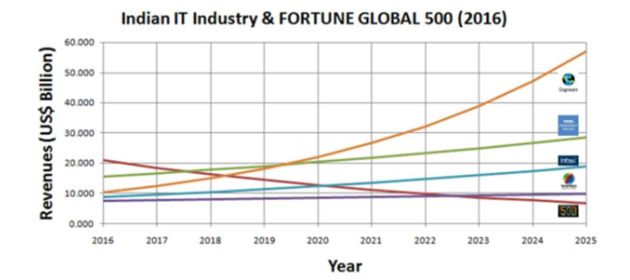In Part 1 titled “Fintechs Need Marketers And Lobbyists – Not Lawyers”, we saw why marketers and lobbyists play a vital role in a fintech startup’s success, and how successful startups in fintech and other heavily regulated industries don’t seem to have consulted lawyers while conceptualizing their offerings.
In this second part, we’ll examine the merits of the following middleground approach advocated by some other pundits:
Avoid lawyers until the Minimum Viable Product (MVP) is ready, then go to lawyers and listen to what they say, understand the regulatory risks and work out a mitigation strategy, then only commit resources to building out the MVP into a fully fledged product.
I wish I could agree with this advice and meet these pundits midway but no successful startup in any heavily regulated industry I know of has taken this approach. Not sure why but I can guess at least three reasons for this:
- Startups simply don’t have the resources to do anything other than what is critical to fulfill their core mission. And that needs marketers and lobbyists, not lawyers, as we saw here.
- Regulation is generally too ambiguous to guide a new product or service. According to the ET SUNDAY article titled Meet the alternative lending startups, “Around a year ago, the founders of altflo, a startup in Chennai, began the process of building a platform to match investors and investees, but discovered that India’s regulators haven’t defined the equivalent of an accredited investor …, so regulations around private investments involving issuance of securities are hazy.”
- Stateside, the situation seems even more ambiguous: According to American Banker article titled “Fintech Firms Hurt by Lack of Regulatory Clarity”, there are 50+ financial services regulators and no one knows exactly how many of them have jurisdiction over fintechs! “That leads to confusion about how a firm will be subjected to regulatory oversight”, observes the author of this piece, Richard Magrann-Wells, EVP for Willis Towers Watson Financial Institutions Group. (Going by personal experience and Magrann-Wells’ comment to American Banker, UK seems to be an exception to this otherwise global issue).
 The ability to take risks is in the DNA of a startup. Risk-aversion is simply repugnant to the context and style of how startups work. The whole “understand risk, mitigate risk” mindset is typical of large enterprises and often results in checking the “do nothing” box in the business plan.
The ability to take risks is in the DNA of a startup. Risk-aversion is simply repugnant to the context and style of how startups work. The whole “understand risk, mitigate risk” mindset is typical of large enterprises and often results in checking the “do nothing” box in the business plan.- Startups can’t succeed if they operate with that mindset. In fact, many progressive corporations that are setting up inhouse accelerators have realized this and are motivating their employees to think out of the box, telling them “we’ll think about regulation later”.
Being innovative requires you to believe in something that doesn’t yet exist. So stop playing by the rules.
— Whitney Hess (@whitneyhess) July 20, 2016
Ignoring risk and mitigation does appear to be a part of the playbook of many successful startups in highly regulated industries. Fintechs and startups in heavily regulated industries should however be warned that this playbook comes with several hazards:
- In its early days in 2010, Uber was served a cease-and-desist order in San Francisco and was threatened with 90 days in jail for each day the company remained in operation past the order (Source).
- According to legend, Uber’s Cofounder Travis Kalanick was once warned to skip office where two police officers were waiting to arrest him.
- Many years after they were founded, Uber and AirBnB are still mired in controversy in many cities where they operate.
It takes guts to navigate these hazards and still manage to grow at the frenetic pace that startups are expected to grow by their VC and PE investors.
If founders have the guts, they should go for it. Not to a lawyer.
If not, they won’t gain much by going to a lawyer anyway.


